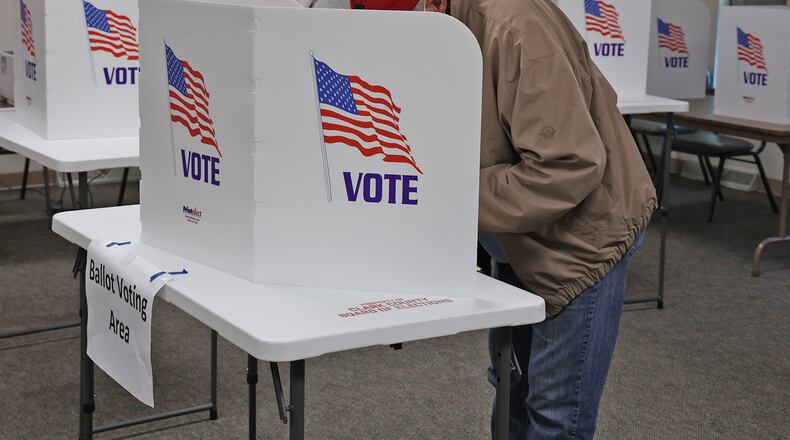According to unofficial election results from the Clark County Board of Elections, 1,796 voted for the renewal on Tuesday while 814 people voted against it.
Springfield city officials say the renewal will not increase the percentage of income tax that voters currently pay. When the levy was first passed in 2017, it increased earned income tax revenues in the city from 2% to 2.4%.
Funding from the renewal will continue to be used for public safety and other operating expenses as well as street and other capital improvements, according to city officials.
The City of Springfield released a statement Tuesday night including remarks from Mayor Warren Copeland and City Manager Bryan Heck.
“The people of Springfield will benefit tremendously from this renewal. Since such a large amount of state tax dollars were cut off from cities and towns across Ohio, Springfield weathered the storm to provide services paid for by local citizens,” they said.
“The Earned Income Tax Levy passed in 2017 and the 10-year renewal passed today helps us do just that, without compromising vital services to the community,” they added.
The earned income tax levy was originally passed by voters by a 2-to-1 margin in May 2017.
Heck said by extending the levy, it allows the city to engage in long term planning related to local infrastructure improvement projects as well protect investments made in the community.
The city has also pledged to invest at least $2 million each year towards paving residential streets as a result of the levy. Previous neighborhood streets programs were cut in 2009 before the levy was passed in 2017.
About the Author

